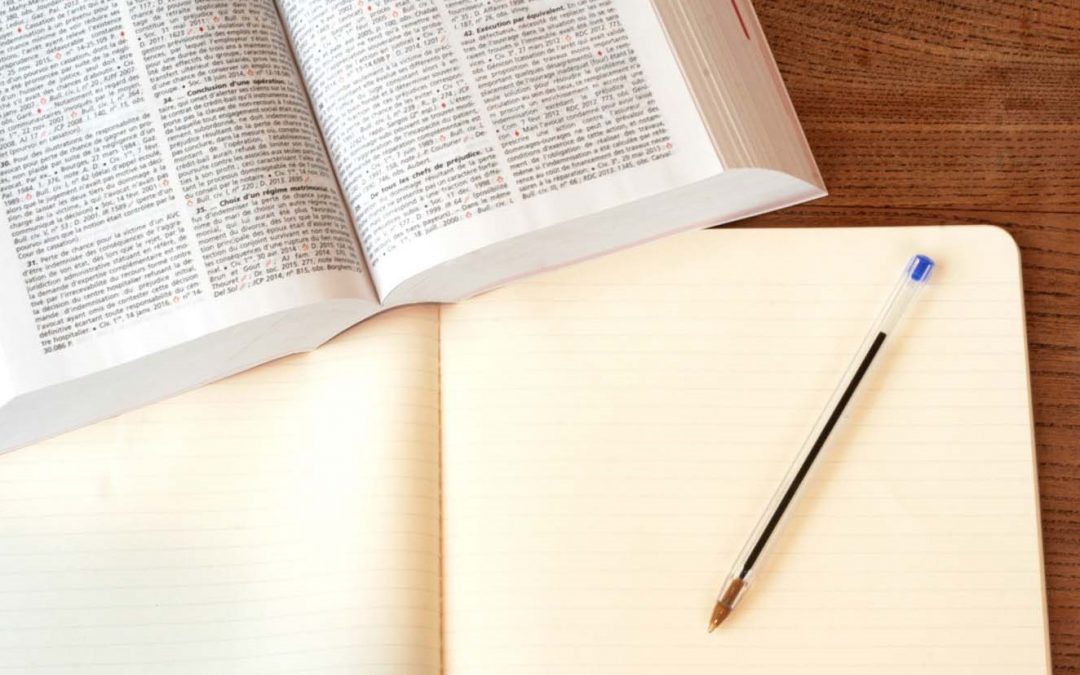Today and tomorrow, the Court of Appeal in The Hague will hear another case in the well-known lawsuit that four Nigerian farmers (and ‘Milieudefensie’) initiated against Shell in 2008. The farmers hold Shell responsible for oil pollution caused by leakages from underground oil pipelines and an oil well in the period of 2004-2007. According to the farmers, the spills have caused a lot of damage to the villages and their living environment. The villages are said to have become unlivable, the land has become unusable and fishing areas have been lost. Shell denies any liability.
The case has many interesting PIL-related aspects and is frequently used as a case study in PIL education. Typical PIL questions arise such as: does the Dutch court have international jurisdiction over a dispute concerning the extra-territorial conduct of Shell, a company based in the UK and with offices in the Netherlands? In 2011, the District Court of The Hague ruled that it had jurisdiction to hear the case (on the basis of consistency under art. 7 Dutch Civil Procedural Code ‘Rv’), which was upheld in appeal (Rb. The Hague, no. 4.3-4.8; Court of Appeal of The Hague, no. 2.8).
The next PIL question that arises is which law should be applied. In this case it was established that Nigerian law was applicable (Rb. Den Haag, nr. 4.9-4.11; Court of The Hague, nr. 1.5).
Next, the judge was confronted with the practical application of Nigerian law. After all, in Dutch procedural law, the judge is expected to know the law, including foreign law, and moreover, this law must be applied ex officio (Article 10:2 Rv). In practice, this may lead to difficult issues: consider the inaccessibility of foreign law and the extensive study that must be devoted to it. There are therefore various ways in which the court can seek support, and in the Shell case in 2011, the court made use of the IJI’s PIL and foreign law expertise.
Thanks to the difficult issue of liability under Nigerian law, the case is moving forward slowly, and nine years later, the central issue is still whether Shell can be held responsible for the tragic events that took place in Nigeria. The only advantage of this lengthy process is that the case can be followed via livestream in the year 2021, which can be done via this link

